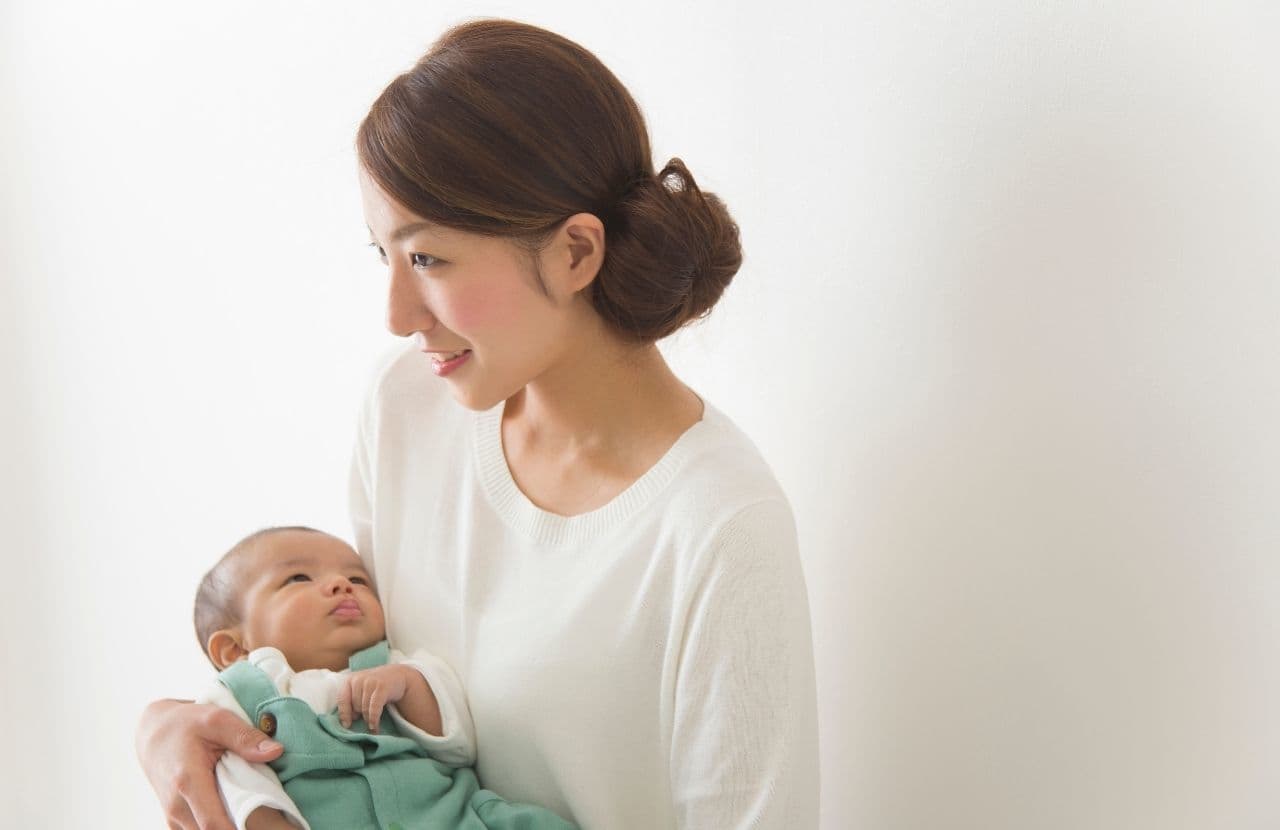

By Renge Jibu
Guest blogger, Renge Jibu, is a visiting fellow at Showa Women’s University and former staff writer for Nikkei Business Publications, Inc.

I dream that in an ideal society, both mothers and fathers can take time with their children, can take leave without losing their jobs, or quit their jobs and return to work when they are truly ready to do so.

By Renge Jibu
Guest blogger, Renge Jibu, is a visiting fellow at Showa Women’s University and former staff writer for Nikkei Business Publications, Inc.
When Japanese Prime Minister Shinzo Abe recently spoke about his 2013 proposed “3-year-maternity-leave,” a majority of Japanese working women got angry with the idea. Why? Why do Japanese working women dare to refuse a precious opportunity to be with their little children?
Before talking about what made Japanese working women angry, let me ask American women, do you agree with a governmental policy to provide 3-year-paid-maternity-leave? If yes, would you yourself utilize that?
If you say “No” to the questions, you might share the same feelings held by Japanese working women. Even though the proposed leave is likely to be optional, Japanese working women will feel societal pressure to take the full three years even if they don't want to. Being forced to stay at home versus having the option to stay home with babies is totally different.
It is natural for Japanese women to refuse PM Abe’s proposal that women take long maternity leaves given his notorious conservative family values which have been reported by media. The “3 years” is significant, because it reminded many Japanese women of the “til-3-year-old-myth.” In Japan it is said that if mothers want their children to be happy and healthy, the mothers should stay home with their children until they are 3 years old.
Almost all business media and large newspapers disagree with the “3-year-maternity-leave” and have held negative campaigns in response. Major points were; 1) 3 year leave is too long for women who want to have a serious career. 2) Too long a leave would create a large career gap between mothers and others. 3) For small companies, the cost of employing women would be heavy enough that they would avoid hiring women.
Unlike other my working mother friends, I agree with the “3-year-leave-policy”. I am a mother of two children, having worked as a staff writer for magazines for over 16 years since I graduated university. I took 5 months leave for my first baby and 8 months leave for my second baby. From an American working mother’s perspective, my leave might be considered too long. In Japan, however, there are not many women who return to work before their babies turn 1 year old.
For my first baby, as we could not find a daycare slot near our home, we took him to a daycare by taxi. When my second baby was 10 months old, I went on a business trip to Singapore. When I returned, my baby had forgotten who I was and stared at me with dubious eyes. Although she remembered me in a few minutes and began to smile, I cannot forget the scene. It was a cost to continue working while my child was very young.
Over all, I would not take the option to return to work when my babies were so young if I had had a real choice. I had no choice, as it was not easy to find a daycare slot unless we let our baby go when he was very young. There was no person who covered my job while I was on leave. My income level and my husband’s are almost the same. If I quit my job, it would be almost impossible for me to find an equivalent job in a few years. Returning to work while my children were younger than 1 year old was the best strategy for me in the long run from an economic perspective.
Given my experience, my reaction to PM Abe’s “3-year-maternity-leave” policy was very positive. I would not like other mothers to be forced to return to work when their babies are very young just because of a daycare shortage or anxiety about losing their jobs.
I regard PM Abe’s proposal as increasing choices for parents. Not only mothers, but also fathers can take childcare leave under the current law. I dream that in an ideal society, both mothers and fathers can take time with their children, can take leave without losing their jobs, or quit their jobs and return to work when they are truly ready to do so. Overall, my answer to the title of this column is, yes, if “us” means not only mothers but fathers as well. Even though PM Abe is a conservative person, if we are smart enough to change and use the policy, working parents will have the right to be with their children in their early years without being punished in the labor market.
Join our growing relauncher communities on Facebook and LinkedIn. For more great guidance on your relaunch and updates on when return to work programs are accepting applications, events for relaunchers and more, be sure to sign up for our Return to Work Report and follow us on social media to stay informed!